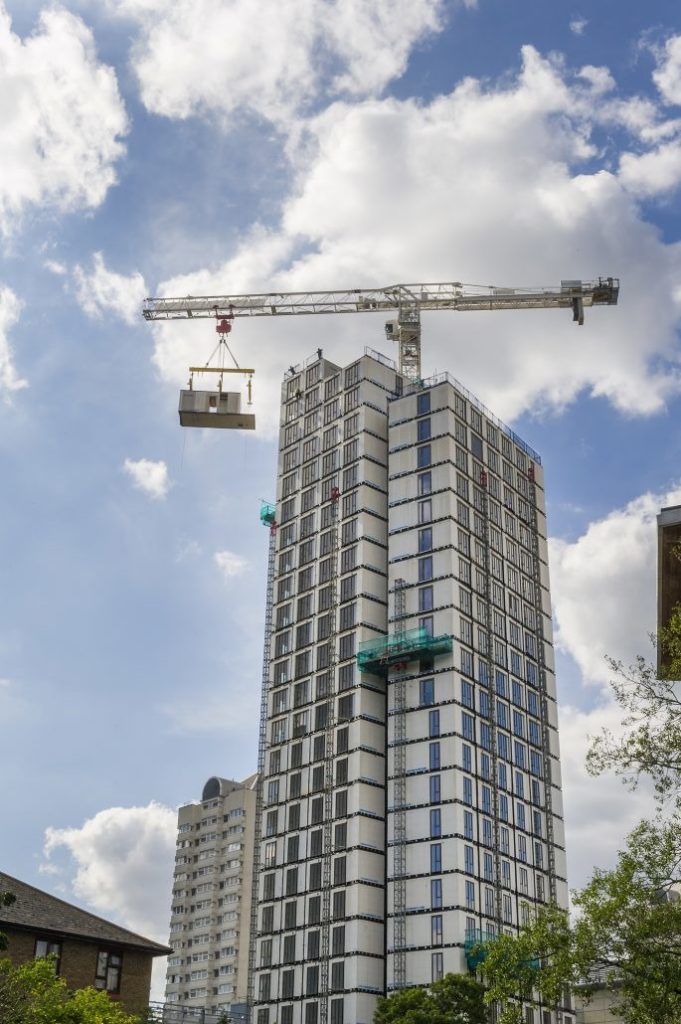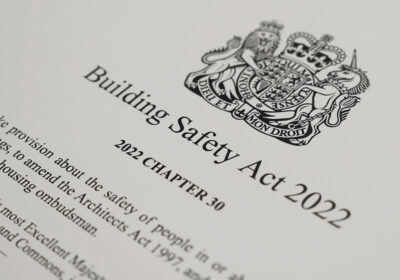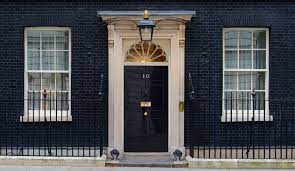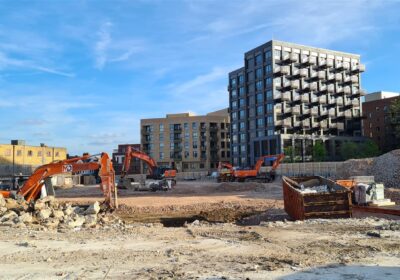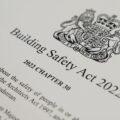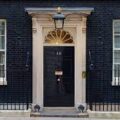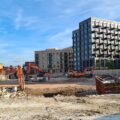It will be patently obvious to all that the recent rises in the cost of living will have exacerbated the challenges faced by the non-homeowning young. Pocket has been indexing 25-45 year olds sentiment for three years now, a useful means of tracking how the country is performing in terms of housing outcomes.
No surprises, the latest year’s results reveal a deterioration. The percentage individuals who believe they are far less likely to afford a home, given the prevailing cost-of-living crisis, has risen sharply from 71% in 2022, to 82%.
Meanwhile, the number of people who feel that the ongoing cost-of-living crisis has postponed their aspirations to buy their first home has grown by 9 percentage points within a year, reaching nearly 8 in 10 (78%). For many, society is feeling less fair by the year.
Two in every three respondents stated they believed that they would never be able to own their own home in London. That’s despite house prices falling and its driven by significant increases in mortgage rates over the last 12 months. The hike in rates to their current 15-year high has had a devastating impact upon London’s younger workers.
For those that already own, by far and away the most common type of mortgage interest arrangement was a fixed-rate mortgage at 81%. For that cohort of Londoners, the most pressing future issue was what would happen once their fixed-rate mortgage expired, and they moved over to a variable rate. The findings here were stark, almost ominously so. Nearly 9 in 10 (89%) of those with a fixed rate responded that they are anxious about what will happen once their fixed rate comes to an end, with exactly 25% stating that they are extremely nervous.
This is hardly surprising when the average mortgage rate has increased from 2.9% to 3.6% compared to 12 months ago. The current average for those on a fixed-rate arrangement is 3.4%, while those on a variable rate are currently seeing a rate of 4.9%.
When asked what the maximum mortgage rate which renters would be willing to pay, the response almost exactly matched the rate at which current London mortgage holders are presently paying (3.7% vs. 3.6%). This suggests that those who haven’t bought their home are unlikely to do so for sometime unless rates trend back down from their current position.
With London’s housing supply continuing to plunge lower we are heading increasingly toward radical supply interventions if we are going to address the inequality and barriers the housing market is creating for young Londoners.

